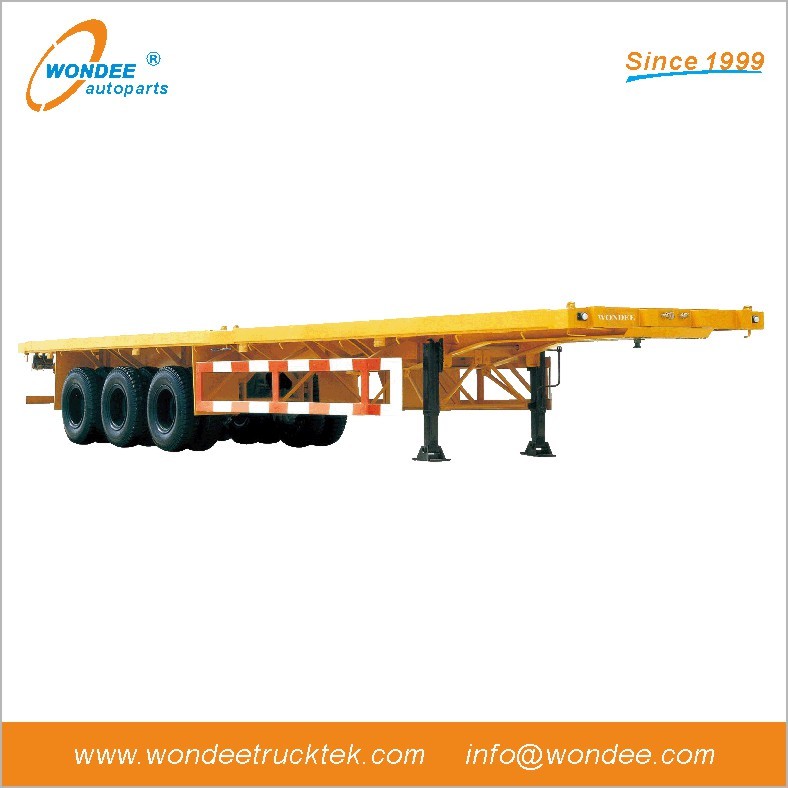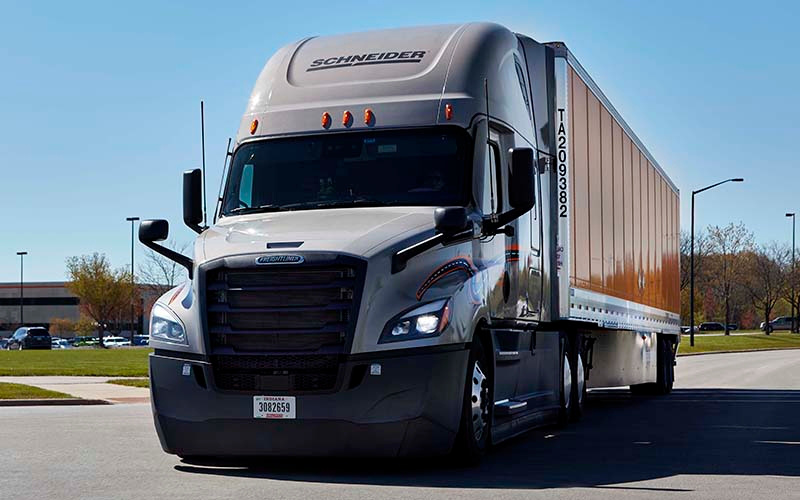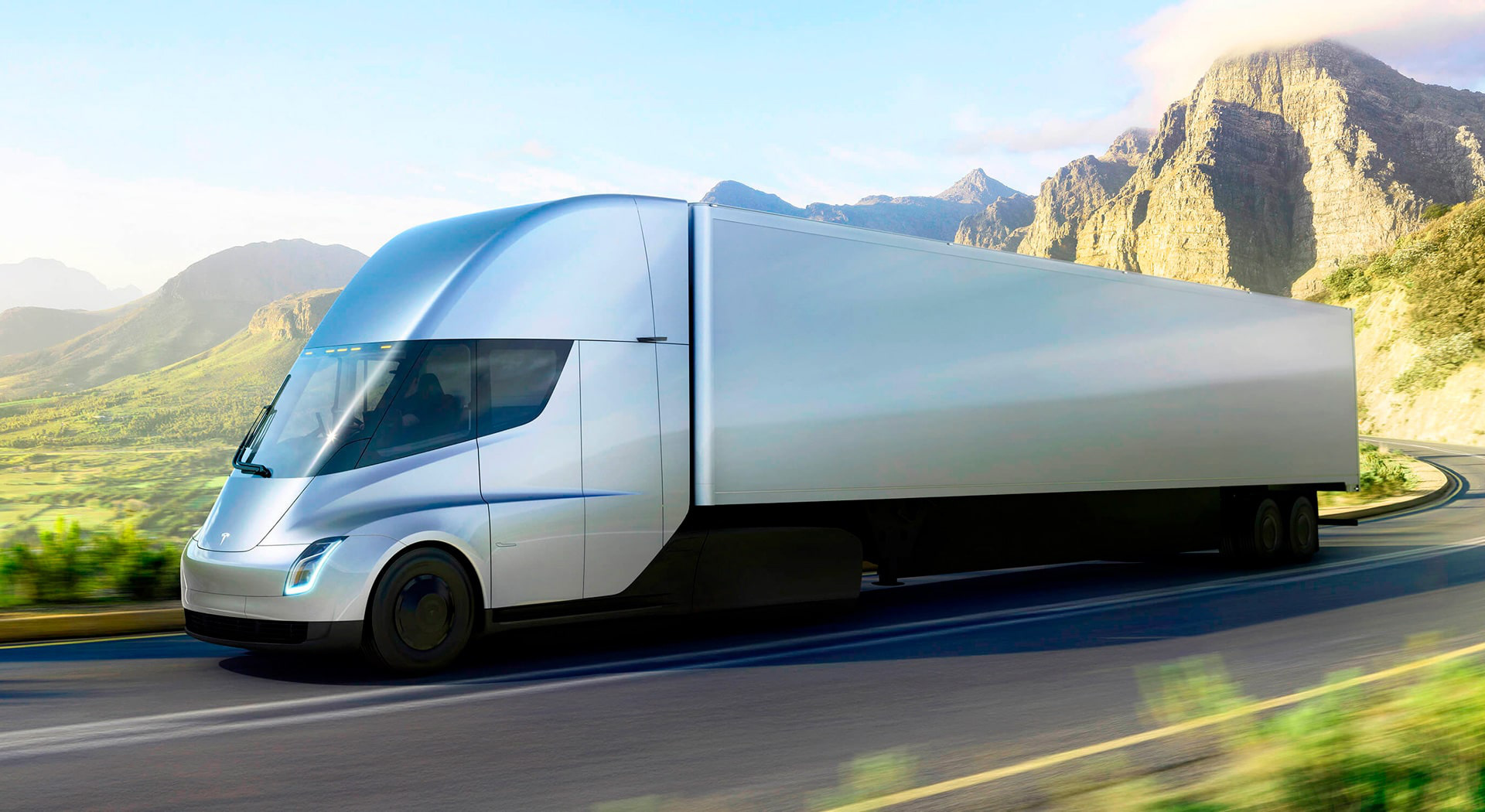09
2025
-
07
Choosing the Ideal Cargo Trailer for Your Industry Needs
Source:
Discover the best cargo trailers tailored to different industries including agriculture, energy, manufacturing, aviation, construction, food & beverage, and retail. Learn which trailer types optimize transport efficiency and protect your cargo.
Transportation plays a critical role in the logistics of nearly every commercial sector worldwide. Each industry demands specialized trailers tailored to the specific characteristics of the cargo—whether by weight, size, or sensitivity. If you operate within sectors such as aerospace, agriculture, construction, energy, food and beverage, manufacturing, or retail, understanding which trailer suits your operation is essential for efficient fleet expansion.

Optimal Trailer Solutions for Agriculture
Agricultural logistics involve two key transport challenges: moving heavy farming equipment and transporting the agricultural products themselves. Heavy machinery such as tractors and harvesters are best moved using open-deck trailers, including flatbeds, lowboys, step-decks, and removable gooseneck trailers. For lighter cargo like seeds or fertilizers, dry vans are frequently employed. Perishable produce such as fruits and vegetables require refrigerated trailers (reefers) to ensure freshness during transit.
Agriculture Trailer Types:
-
Lowbed Semi Trailer
-
Step-deck trailers
-
Removable gooseneck (RGN) trailers
-
Dry van trailers
-
Refrigerated trailers/Reefers
Trailer Choices Tailored for the Energy Sector
The energy industry transports a diverse range of cargo, from heavy electric poles to delicate turbine blades. Open-deck flatbeds, lowboys, step-decks, and both standard and extendable removable gooseneck trailers are common for oversized and heavy equipment. Blade trailers are specialized for lengthy items like power poles, while multi-axle Schnabel trailers are uniquely designed to carry entire wind turbines. Lighter materials are moved using dry vans, and hazardous liquids or gases require tanker trailers.
Energy Industry Trailers Include:
-
Flatbed trailers
-
Lowboy trailers
-
Step-deck trailers
-
Extendable and standard RGN trailers
-
Blade trailers
-
Schnabel trailers
-
Dry van trailers
-
Tankers
Manufacturing Industry Trailer Requirements
Manufacturing logistics span from raw materials to finished goods, demanding versatility in transport solutions. Pharmaceuticals, for instance, may be shipped via tankers, dry vans, or refrigerated trailers depending on the product. Electronics and delicate components are generally transported in dry vans to protect against damage.
Common Manufacturing Trailers:
-
Flatbed trailers
-
Lowboy trailers
-
Step-deck trailers
-
Standard and extendable RGN trailers
-
Refrigerated trailers
-
Dry van trailers
-
Tankers
Aviation Industry’s Trailer Preferences
The aviation sector handles a variety of cargo sizes, from massive aircraft engines to smaller parts and in-flight catering supplies. Open-deck trailers such as flatbeds, lowboys, and step-decks transport large components. To protect sensitive equipment from environmental exposure, Conestoga trailers—featuring sliding tarp systems—are commonly used. Refrigerated trailers maintain the cold chain for in-flight meals, while dry vans transport smaller or less sensitive parts.
Trailers Favored in Aviation:
-
Flatbed trailers
-
Lowboy trailers
-
Step-deck trailers
-
Flatbed, lowboy, and step-deck Conestogas
-
Refrigerated trailers
-
Dry van trailers
Construction Industry Trailer Solutions
The construction industry requires rugged and varied trailers to handle everything from lumber and steel to finished fixtures. Open-deck trailers such as flatbeds, step-decks, lowboys, and removable gooseneck trailers are widely used for raw materials. Finished components needing protection from weather are typically hauled in dry vans or Conestoga trailers. Extendable trailers provide additional length capacity for oversized materials.
Construction Trailer Types:
-
Flatbed trailers
-
Lowboy trailers
-
Step-deck trailers
-
Removable gooseneck (RGN) trailers
-
Dry van trailers
-
Conestoga trailers
-
Extendable trailers
Refrigerated and Dry Van Trailers in Food & Beverage Logistics
The food and beverage sector’s transport needs revolve primarily around preservation and protection. Temperature-controlled refrigerated trailers (reefers) keep perishable goods fresh throughout the supply chain. Non-perishable items such as canned or boxed goods rely on dry vans to efficiently transport pallets with protection from environmental elements.
Trailers for Food & Beverage:
-
Refrigerated trailers/Reefers
-
Dry van trailers
Retail Industry’s Dependence on Dry Vans
Retail logistics involves the delivery of finished products that are often compact and lightweight. Dry van trailers are the predominant choice for retail transportation due to their enclosed design, which safeguards goods against weather and theft while accommodating palletized cargo efficiently.
Retail Industry Trailer Type:
-
Dry van trailers
Explore a full range of specialized cargo trailers to suit your industry needs at Semi Trailers. For heavy equipment transportation, consider our Lowbed Semi Trailers designed for robust load handling.
cargo trailers
Previous page
Previous page









